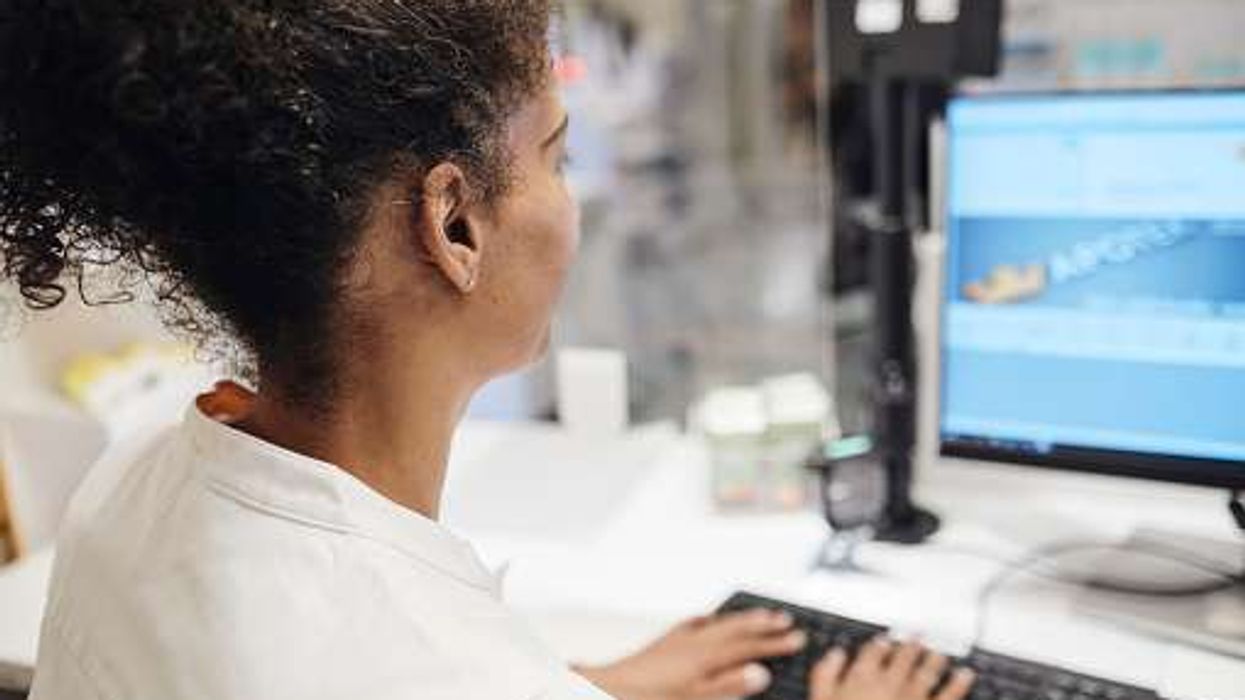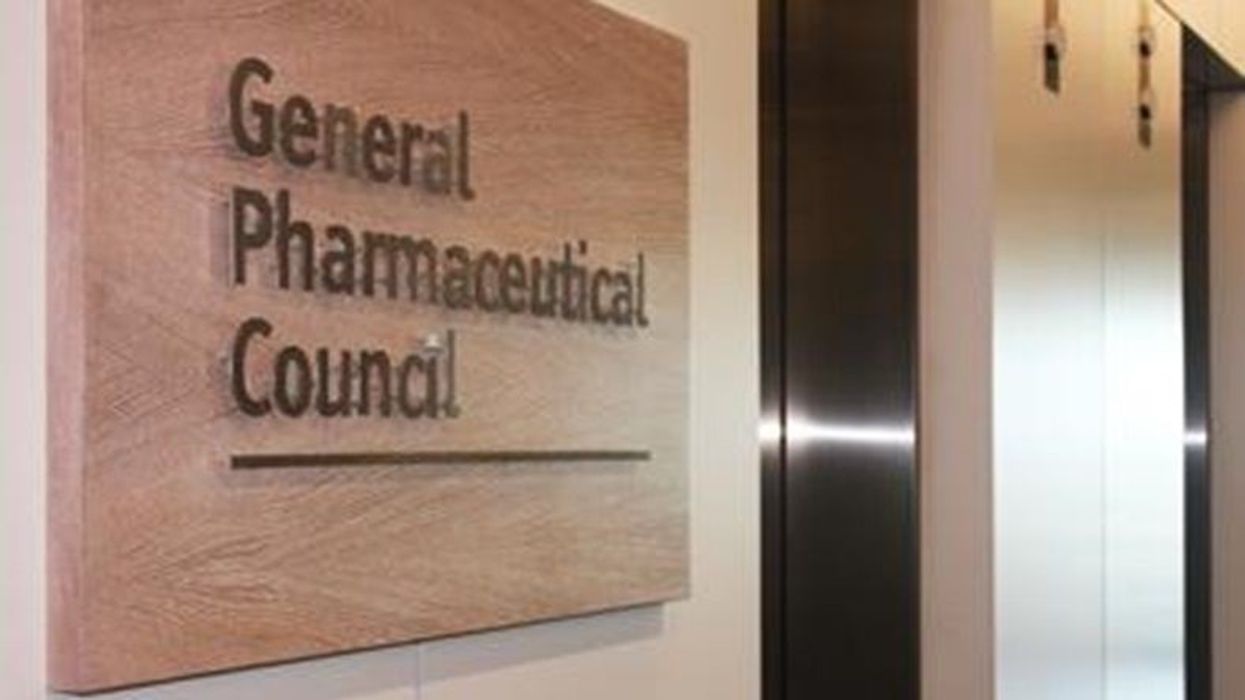Huge disparities between vaccination take-up rates in richer and poorer areas revealed inequalities of race and poverty in the UK, experts said.
Data showed a 25 per cent difference between vaccination rates in areas just miles apart.
According to The Guardian, the vaccine gap was most pronounced in Southwark, south London.
In Herne Hill and Dulwich Park, among the least-deprived third of areas nationally, and the borough’s richest, 95 per cent of those aged 60 or older had been vaccinated by March 7. This fell to 70 per cent of people in those areas of Southwark that are classed among the most deprived in England, the newspaper reported.
Besides, less than 70 per cent of those living in some of the borough’s poorest parts – Burgess Park, Peckham North and Peckham North West – had been vaccinated by the same date.
These three areas have black, Asian and minority ethnic (BAME) populations ranging between 64 per cent and 74 per cent, in contrast to Herne Hill and Dulwich Park, which is 19 per cent BAME.
In Brent, in north-west London, vaccination rates among the 60+ age group were lower in the poorer parts of the borough at 71 per cent, compared with 81 per cent in the middle-ranking areas and 88 per cent in the wealthier, more suburban parts, The Guardian report added.
Mehrunisha Suleman, a senior research fellow with the Health Foundation thinktank, told The Guardian that these disparities raised ‘questions of wider public health’ because vaccine programmes rely on 'a ballpark of 90-95 per cent across a population' to lead to the eradication of a virus like Covid-19.
In Charnwood in Leicestershire, vaccination rates stood at 74 per cent in Loughborough Lemyngton and Hastings, the only part of that council which is among the most deprived third of areas nationally. The equivalent take-up across the wealthiest parts of the council was 93 per cent. Peterborough and Preston showed similarly large gaps.
In Luton, 89 per cent of people in the wealthiest third of areas had been vaccinated, compared with 75 per cent across those districts in those areas in the poorest third nationally, the report pointed out.
According to Beccy Baird, of the King’s Fund thinktank, areas such as Luton wanted to adopt the converted ‘vaccine bus’ model used by GPs in east Surrey to take jabs to communities in Crawley.
“The way to do it is work in partnership and not blame communities who have been hesitant to take up the vaccine,” she told The Guardian.
Dr Mohammad Razai, academic clinical fellow in primary care at St George’s University, described the rollout strategy of basing priority on age as ‘ineffective’.
“This is an ineffective allocation strategy that will certainly exacerbate not just health inequalities but very likely increase the risk of death and the risk of infection, hospitalisation and outbreaks in these minority groups,” he said.











